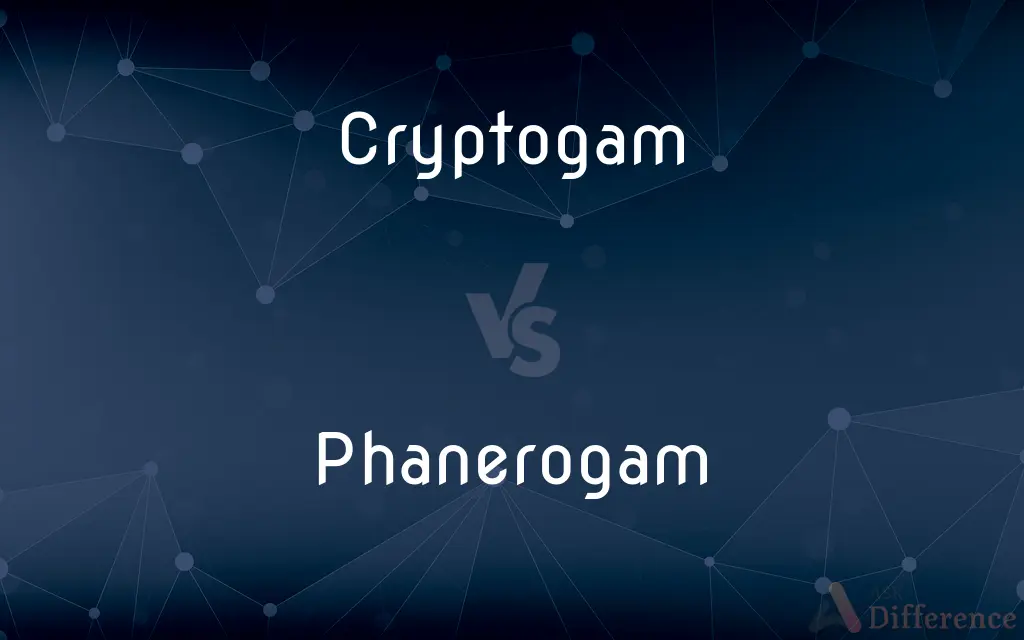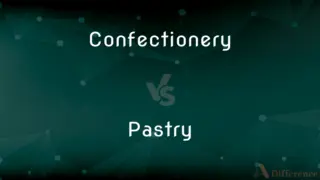Cryptogam vs. Phanerogam — What's the Difference?

Difference Between Cryptogam and Phanerogam
ADVERTISEMENT
Compare with Definitions
Cryptogam
A cryptogam (scientific name Cryptogamae) is a plant (in the wide sense of the word) or a plant-like organism that reproduces by spores, without flowers or seeds. "Cryptogamae" (Greek κρυπτός kryptos, "hidden" + γαμέω, gameein, "to marry") means "hidden reproduction", referring to the fact that no seed is produced, thus cryptogams represent the non-seed bearing plants.
Phanerogam
A plant that produces seeds.
Cryptogam
A member of a formerly recognized taxonomic group that included all seedless plants and plantlike organisms, such as mosses, algae, ferns, lichens, and fungi.
Phanerogam
(botany) Any plant that produces seeds (rather than spores).
Cryptogam
Any plant that reproduces using spores (rather than seeds), formerly placed in the taxonomic group Cryptogamae, which included ferns, mosses, algae, fungi, lichens and liverworts.
ADVERTISEMENT
Phanerogam
Plant that reproduces by means of seeds not spores
Cryptogam
A plant belonging to the Cryptogamia.
Cryptogam
Formerly recognized taxonomic group including all flowerless and seedless plants that reproduce by means of spores: ferns, mosses, algae, fungi
Share Your Discovery

Previous Comparison
Confectionery vs. Pastry
Next Comparison
Sculpted vs. Sculptured














































